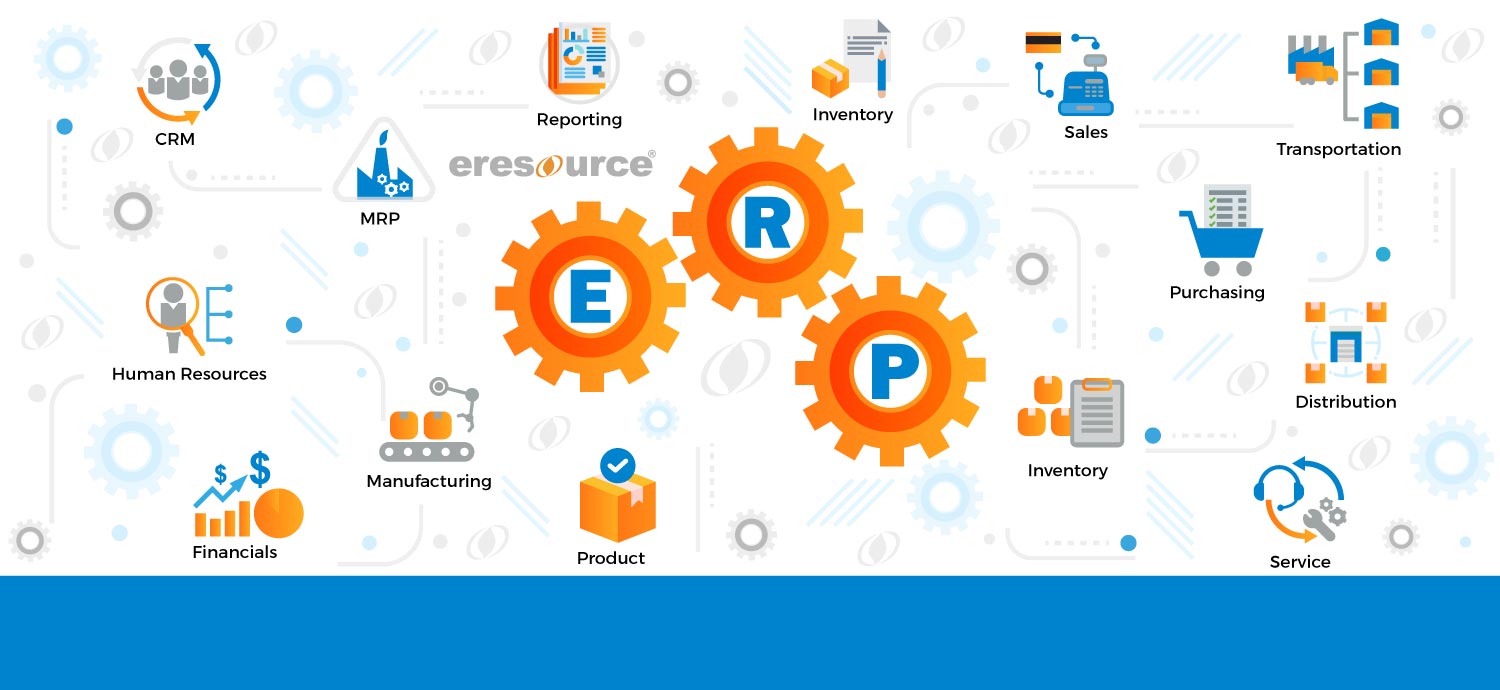The solar energy business has had an excellent chance for expansion in recent years. However, it must overcome several technological and financial difficulties. Manufacturers of solar systems are continuously working to minimize the related costs to encourage wider use. In terms of technology, the price of solar gear, such as panels, has steadily decreased, and India is one of the cheapest solar energy producers in the world.
Meanwhile, the preceding reduction in hardware costs is not reflected sufficiently in the entire solar system installation cost. Another component of solar systems is sometimes overlooked when it comes to cost-cutting. In truth, there is a room for operational and financial efficiency improvement, which may be done by reducing soft costs. The non-hardware costs of switching to solar ERP include licensing, acquiring financing, and installing solar panels. All the expenses solar companies pay to grow sales volume, compensate suppliers, train workers, and cover their bottom lines, are referred to as soft costs.
Let’s focus on five points that how a construction ERP software efficiently and effectively would help reduce the soft costs.

1. Substitute commonly used commercial software.
Unsuitable “point” applications that has not been deployed successfully or profitably in combination must be substituted at some point, at ever-increasing financial and disruptive costs. Integrated management systems that cover all major corporate tasks, such as accountancy, financing, project management, inventory and procurement, marketing and sales, and human resources must be deployed for efficient business operations.
2. Attempting to complete installations in a shorter amount of time
Quicker installations will be an essential factor in lowering soft expenses. Companies that sell solar panels must work to reduce inefficiencies that slow down the installation process. Firms will be able to save money on labour and other operational costs through this method. Incorporating nfra ERP for solar technology is a good option because the system would help solar companies accomplish their operational tasks, including installation, quickly and flawlessly.
Also, revising tactics to improve the racking base installation process and, where possible, standardize solar systems to minimize the requirement for project-based architecture.
3. Lower production time and centralized business operations
ERP systems are intended to be simple and integrate, standardize, and automate corporate activities. It helps you in quick and efficient company processes by eliminating redundancy. Consider invoicing. The faster you can get your invoices out, the later you’ll get paid, thanks to an ERP’s standardized processes, including notifications and alerts to valuable team members. It’s also important to note that robust ERPs will provide you with analytics and dashboards that will allow you to track processes and workflows and provide strategic feedback to teams for improvement while retaining key stakeholders.
4. Taking Advantage of Data to minimize Costs
This data management software may also aid the solar energy business by allowing them to develop analyses with reliable, data-driven insights. The lack of data in production and supply chain operations alone is causing problems for solar companies in terms of operational and marketing efficiencies. Data-driven measures can aid manufacturing cost optimization. Satellite images, meteorological data, open utility rate data, and 3D LiDAR data, for example, may all be utilized in data models and simulation platforms to predict project costs and viability correctly. This feature aids corporate transparency and allows them to enhance their operational and financial efficiency graphically.
5. Keeping customer management and acquisition costs as low as possible
ERP for solar industry aids in the optimization of corporate operations, resulting in better customer service. Another important measure that might assist solar enterprises in reducing costs is customer acquisition costs. Though solar companies used to have to rely on traditional marketing methods, the internet and social media have offered new avenues for obtaining clients at a low cost. Firms must explore various social media platforms to gain an upper hand with the audience. They may also utilize video marketing methods to increase the likelihood of gaining new customers along with better customer interaction.
Wrapping Up:-
Minimizing soft expenses is crucial for boosting the pace at which solar projects can be deployed while also addressing one of the solar industry’s main threats: revenue loss. By lowering soft expenses, ERPs may help solar firms increase their profit margins significantly. It also simplifies the capacity to compute commissions and close the books at the end of the month, as well as provides accounting consolidation for projects, new project setup, and revenue recognition. Furthermore, the lower investment cost will encourage potential customers and investors to invest in solar systems.
Categories
Register for Free Demo!
Recent Post
-

eresource ERP 360 - an
11th Apr 2019 -

A competitive ERP system for
17th Apr 2019 -

Auto components manufacturing industry has
17th Apr 2019 -

Make the best use of
17th Apr 2019






